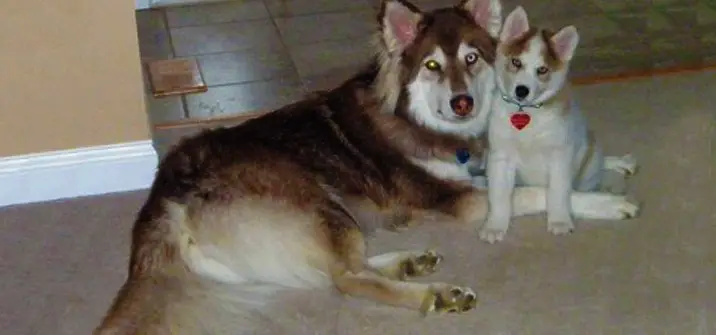The Siberian Indian Dog is a designer dog cross between Siberian Husky and Native American Indian Dog. They are very friendly and gets along well with all breeds of dogs and other pets raised with them.
Siberian Indian Dog


The Siberian Indian Dog is a designer dog cross between Siberian Husky and Native American Indian Dog. They are very friendly and gets along well with all breeds of dogs and other pets raised with them.